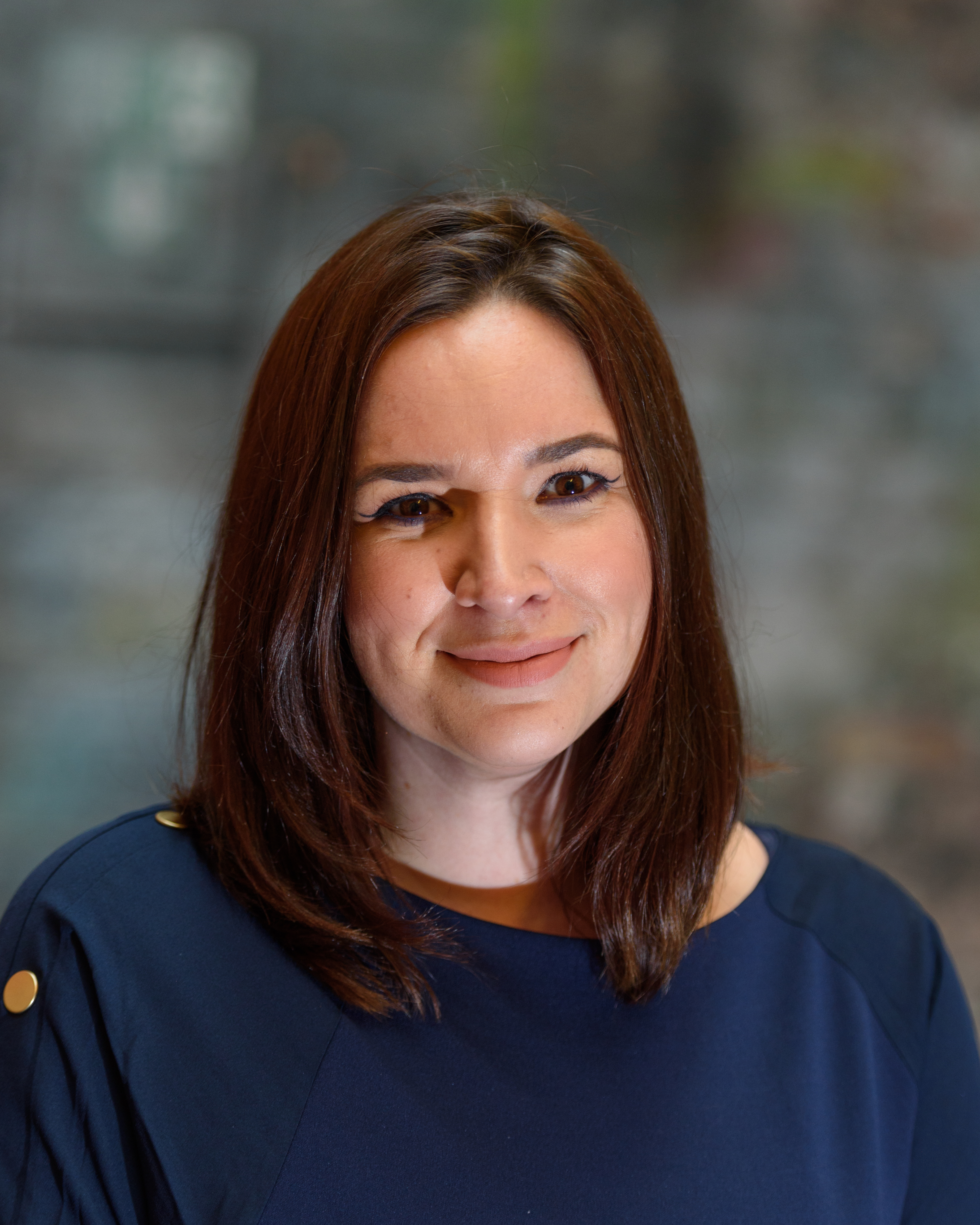The Power of Harm

The great Tim Chapman from the University of Ulster introduced Narrative Approaches to me some time ago. And, in particular the work of Michael White who said in 2007, ‘the person is not the problem, the problem is the problem.’ When a crime is committed, the problem is not the person who committed harm, the problem is the harm itself – and the voicing of that harm has the power to change everything.
The role for restorative practice within our justice system in Scotland could not be clearer. It allows the impact of harm to be articulated and explored by those affected. That is, the person harmed, the person who commits the harm and their family, friends and community. It thereafter seeks to find a resolution that promotes responsibility, healing and moving forward against what has truly been experienced. It is personal, truthful and sincere.
On reflection, the above may form the basis for a definition of what it takes to actually address injustice, and not to simply ‘do justice’. Our current justice system in Scotland does not utilise the power of harm in its processes and conclusions, and so cannot address this for those who are impacted by it. It focusses on the perpetrator of harm, and takes a formal, procedural approach to mending ‘broken rules’. From the moment a person who has experienced harm tells their story to a Police Officer, it becomes one-dimensional, losing its power as it moves through our legal checks and balances towards its ultimate, and often untimely, resolution.In many cases, the impact of the harm will never be voiced again, and where it is, all too often the outcome achieved can never outweigh the additional impact and trauma experienced in its retelling during a criminal trial.
We cannot deny that much of our society believe that people who cause harm should be formally sanctioned within the justice system. But what can the system then do to address the real impact of harm?
I feel the answer to this lies in ensuring equitable access to restorative practices as an integral part of our justice system. Where it is no longer viewed as the alternative. This represents real community justice. Empowering people and communities by giving them a voice. Not only does this promote feelings of safety and fairness, it reduces the long-term health and wellbeing impacts caused by harm. If ‘all justice is local’, as stated by Debbie Watters from Northern Ireland Alternatives (2019), we must allow all of Scotland’s communities the opportunity to heal themselves in a meaningful way, by providing more opportunity to do so. Without that, little reintegration and citizenship can be effectively achieved.
